|
On Jan. 1 1805, "The Constitution of Hayti" read for its Preliminary Declaration Art. 1. The people inhabiting the island formerly called St. Domingo, hereby agree to form themselves into a free state sovereign and independent of any other power in the universe, under the name of empire of Hayti. Art. 2 Slavery is forever abolished On January 1st of this year, Haiti and Africans around the world celebrated 217 years since declaring independence from French colonizers. Prior to The Haitian Revolution, local planters, the British, Spanish invaders and the French all fought to gain control over this tiny island formerly known as San Domingue in the Caribbean. Haiti has been a point of pride since learning that it is the only country that Blacks were able to successfully defeat an army of over 12,000 and "engaged in one of the greatest feats of human liberty." As much as I'd read about the horrors of slavery, I've found it more challenging to come across examples of our Ancestors' forms of resistance to such heinous acts. This post discuss three books by African American authors: Books on the Haitian Revolution In other words, did our Ancestors just yield to the life of condemnation that was carved out for them, or did they find ways to escape? Focusing on this part of our history has always intrigued me. I have enjoyed reading about victorious moments in history for the enslaved that led to freedom. The Underground Railroad is an example of a resistance strategy that rescued the enslaved from bondage, at least if they weren't caught and returned to the enslaver along the way. Our ancestors were creative enough to devise a system to communicate without words in an environment where they feared for their lives at every turn. It is absolutely fascinating to me that we are the descendants of a people who would go so far as to design and sew special colors and symbols into quilts to indicate which homes were safe to travel to. Another example of the creative ways we found to resist an oppressive system was the Montgomery Bus Protest, sometimes referred to as the Montgomery Bus Boycott. To read about the people who walked for hours to maintain solidarity with the unified front against the mistreatment of Blacks on the transportation system for 388 days is awe inspiring. It is the author of this post's opinion that it is victories like this which should be studied and analyzed as college courses to find out why they were effective. In line with this idea, The Haitian Revolution of 1804 should be a part of the list. Starting with "The Irritated Genie" by Dr. Jacob Carruthers, the reader is introduced to the complexity of the circumstances surrounding the subjugation of the enslaved. I'll insert here that I had the honor and privilege of meeting Dr. Carruthers while he was teaching at The Center for Inner City Studies" on the South Side of Chicago. Since his transition, it has been renamed "Carruthers Center". I was in the building looking for a classroom for a lecture, but had gotten lost in the halls where the professors offices' were. I passed him in the hall and admitted to him that I was lost and asked if he could help me find my way. After pointing me in the right direction, he offered to take me over to his office so he could share with me what he taught at the Center. With a sparkle in his eye and in almost a whisper, he pulled out some text books with hieroglyphics on them. He spoke about learning to translate from this mysterious script into English. I was so humbled by his willingness to share with a stranger, that I instantly abandoned the class I was going to so I could hear more of what he had to share. Years later, after opening Afriware Books, I invited him to do a book signing, which he graciously agreed to. I will always cherish this memory. Though I digress, I had to mention that when I read his books, I remember the calm voice, demeanor, and excitement that he carried when first meeting him. He takes his time when explaining things, and in the essay format of this book, you will get a full picture of the leaders, environment and challenges along the way. You will learn about how the "mulattoes" teamed up with the local planters to defeat some of the insurrections of the enslaved. You will understand why Toussaint L'Overture held out hope longer than was justifiable for the French to agree to end slavery due to his naivety and "Frankophile feelings" at heart. And thanks to the foresight of one of L'Overture's "most indispensible aides," Jean-Jacques Dessalines, the people of Haiti who were in the mode of "independence or death", would not be disappointed. In the Appendix of this important work are complete transcripts of two of Dessaline's speeches. Here are a few excerpts, "Never again shall a colonist, or a European set his foot upon this territory with the title of master or proprietor. This resolution shall henceforward form the fundamental basis of our constitution." At the heart of Carruther's book is his analysis of "Bookman's Prayer." Bookman Dutty was a Voodun Priest who was credited with launching the charge to end slavery for once and for all. Since Carruthers was a priest of the Temple of African Community of Chicago and founding member and director of the Kemetic (Egyptian) Institute, I appreciate reading his interpretation of this over those that demonize and mischaracterized traditional African religions by Western scholars. The views we carry about Voodun are replete with negative images and information. My research style It is try to use primary resources first. If unavailable, seek out interpretations that are balanced and fair in their assessments. Carruthers' background seemed a perfect match for the subject matter and he shares a common cultural heritage with the subject which decreases the likelihood that biases have crept in. "The Island of Memes: Haiti's Unfinished Revolution" by Wade Nobles and "The Black Jacobins" by C.L.R. James both recount the prayer though "The Island of Memes" gives a more detailed account of the ceremony preceding the prayer. I found it interesting that while two of the books shared the same translation of the prayer, Carruthers' offered his own. The original language is said to be in Creole, but the reference is in French and called, "Histoirie de Toussaint L'Ouverture," 1920. Since Carruthers' specialty was in translation of hieroglyphics as he shared when we first met, he may have sought out other French speaking people if he didn't speak French himself. The most notable difference (shown below in Table 1: Bookman's Prayer comparison line by line), is in the generous use of the pronoun "He" in the "Black Jacobins" and "Island of Memes" versions. There is only one line in Carruthers' with the pronoun "he." This stood out because of my familiarity of the introduction in another book called, "The Husia" translated by Maulana Karenga. In it, he discusses that the original hieroglyphics didn't have pronouns to translate to and that when referring to The Divine, there were had female and male attributes. While this may seem like a small detail, it is central in distinguishing between Western religious systems and those that are African-based. This discussion could be the subject of a book, but I will leave it right there to be debated for the future...maybe in a future post. "Island of Memes" adds more of the psychological connections and contextualization to collections of behavior that influenced societal norms, referred to as "memetic ideations.". He quotes from The Pope's acceptance, authorization and approval of the African slave trade as an example. He fleshes out more detail about the climate of insurrection that pre-dated Bookman in Haiti such as: The Haitian Maroon leader Francois Mackandal who conducted schools on poison during the Revolutionary period of 1750, and how 1794 brought Yellow Fever which wiped out thirty-thousand British and French troops. "The Island of Memes" references the author Carolyn Fick who states that Mackandal is likely from a village called Mackanda, the chief village of the Loando kingdom. As an aside, the irony isn't lost on me (the geek in me) that Mackanda is so close to sound of "Wakanda" with the letter "M" flipped upside down... but i seriously digress.
"The Black Jacobins" 426pp has the earliest copyright of 1963, "Irritated Genie" 134pp 1985, "The Island of Memes" 220pp, 2015. All three will add tremendous value to your library. I highly reccommend them all, but if I had to pick one to start with it would be : Irritated Genie by Dr. Jacob Carruthers as a deserving tribute to the kindness he shared with me many moons ago. May he rest in power, forever. Comments are closed.
|
AUDIOBOOKSMERCHGIFTSjoin email listACADEMIC BOOKSblog Author/
|
- Store
- Blog
- AUDIO BOOKS
- EBOOKS
- SEARCH
- Welcome
- GoFundMe
- TUCC
- Events
- READING GUIDE
- AUTHOR INFORMATION
- ARTIST BIO/PRICE
- NNEDI OKORAFOR BOOKS
- PODCAST
- LARUE'S HAND IN CLAY
- About Us
- FREQUENTLY ASKED QUESTIONS
- BOOK FAIR /SCHOOLS / CLUBS
- Photo Gallery
- EJP BOOK DRIVE
- Videos
- Newsletter/Articles
- Archives
- External Links
- Afriware Statement on COVID-19
- GREATER LAKES
- Afriware Merchandise
- AFFILIATE INFO
- SEBRON GRANT ART DESIGNS
- Mother's Day Bundles
- CARTOON
- ROBOTS
- STEM
AFRIWARE BOOKS CO. A COMMUNITY BOOKSTORE SERVING:
|
|
Melrose Park, IL
|
|
,AFRIWARE BOOKS, CO,
1033 SOUTH BOULEVARD, OAK PARK, IL 60302 708-223-8081 ONLINE SUPPORT: Thurs-Fri. 4-6pm Sat. 12-2pm, IN PERSON EVENTS: afriwarebooks.com/events |
Want to try a great website builder, try Weebly at: https://www.weebly.com/r/9SAD4V

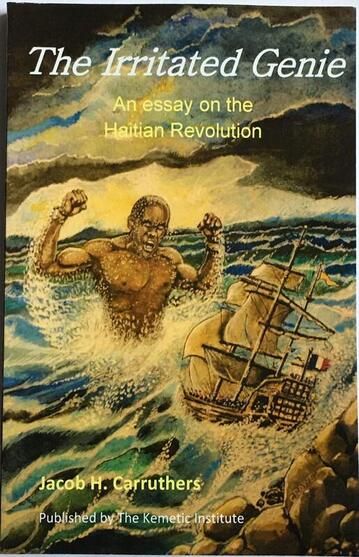
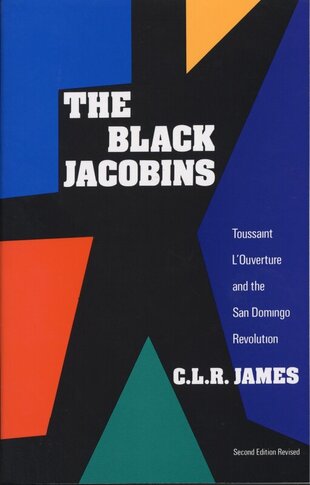
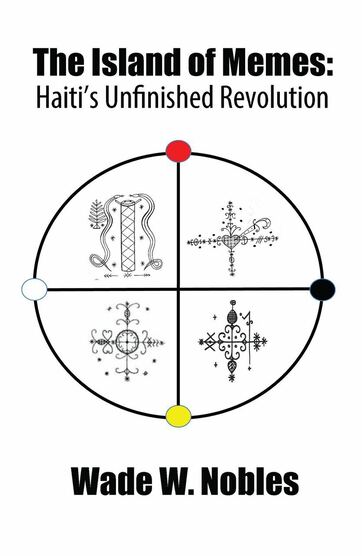
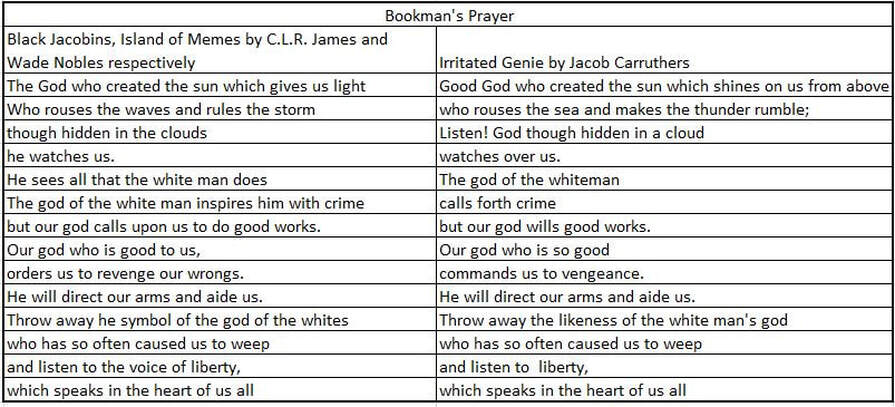





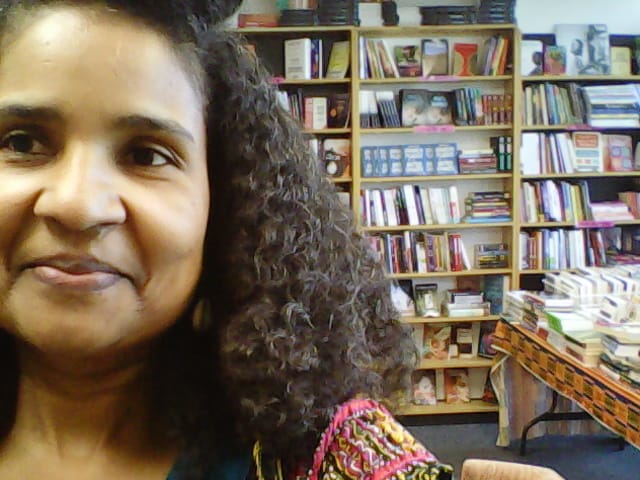
 RSS Feed
RSS Feed


